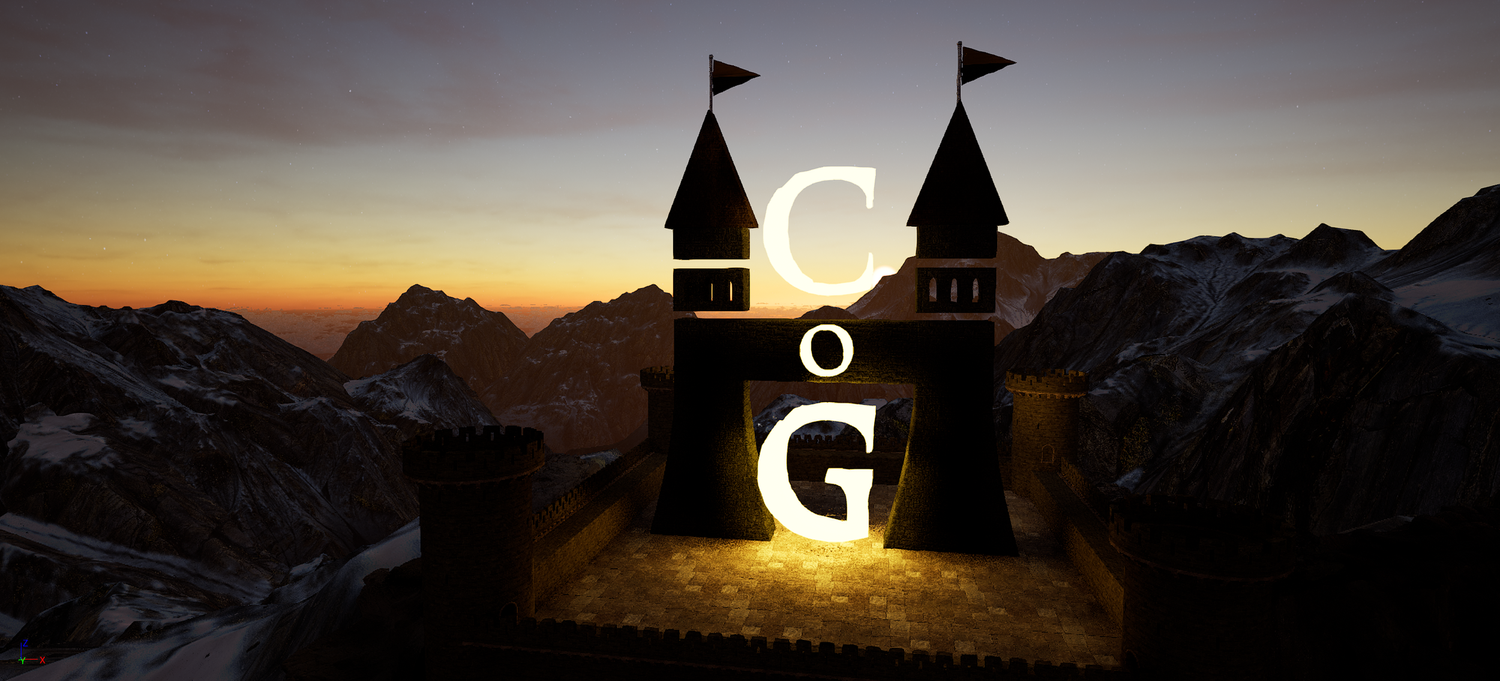Yesterday was a good day
I actually got some work, albeit only two opinions and not enough to pay for a typical load of groceries, but still, it was nice to get something. I also managed to score the highly coveted toilet paper, paper towels, and a few other desirables from Sam’s Club. I resumed a few of the disciplines - drums, vocals, and guitar, which, after several days off, felt like a victory. We’re just slowly transitioning into our new normal. I plan to resume my regular DTD schedule, and I think mentally it's just a matter of sorting out what we could as well as managing to stock up on essentials for the next several months in most cases.
Ultimately, I think it’s the uncertainty that impacts motivation the most for me. Once I feel like I have a good idea of what’s in store, and I’ve done what I can to prepare for it, I can focus my attention back on the creative disciplines. That’s not to say we know the future, and it’s still impossible to predict exactly how everything is going to play out. We’ve seen a mixture of actions at the local, state, and national levels to “flatten the curve,” but it will still be weeks to months to determine the results.
So far, there have been requests, mostly at local levels for help from healthcare providers. There have been a few emails about volunteering at other VA sites that are facing shortages, but it’s been a mixed bag. I’m not sure if I’ve said it here or not, but I’m more inclined to answer a call to return to active duty than I am willing to put myself at the disposal of VA leadership. My experience, admittedly anecdotal based on my nearly nine years in the same clinic, is that I’ve seen leadership fail on some of the most basic and routine critical tasks. There’s a mixture of incompetence and ambivalence you’ll see across the VA and the federal government, and it doesn’t spare those in leadership positions. Arguably it’s the more professional and reliable people that ascend in responsibility, but this isn’t universal.
In times like these, most people do raise their game to meet the task at hand, so I would expect some improvements in all areas for those answering the call. That being said, most of the efforts are ad hoc and improvised since the scope of this pandemic caught most by surprise. I have no problem going into harm’s way to help out, but I have more faith in Army leadership to plan and assess risks, and only put personnel at risk when it’s mission essential. Not that the Army doesn’t get it wrong, it’s made of humans with human failings, but as an institution, it is much more proactive and rigorous in planning and learning from past mistakes.
It should also be noted that not only do I not have any critical care experience, I also haven’t worked in primary care with any regularity since 2007-2008. I don’t think I would be much of an asset on the literal front lines of COVID-19, but I might be able to help as backfill for the regular patients while so many resources are being dedicated to the pandemic. We did receive an email from Army HRC soliciting feedback on interest from retired medical personnel. As far as I know, it’s only been information gathering thus far and there haven’t been any recalls. They had a list of several medical jobs, but PAs weren’t on the list. It was mostly critical care and respiratory-related specialties.
I’m standing by to see if this changes and they start actually recalling retirees, specifically my specialty. At that time, I’ll give it serious consideration if it’s an option. If it’s an involuntary recall, then the decision is already made for me. The main drawback is that I’m the sole caretaker for Aeyong, and if I got called away for 1-2 years, she would have to fare on her own for the most part. We’d probably find a way, but it would be a big challenge now that she’s accustomed to me being here most of the time. I also worry about her chronic health issues and the ability to fight the virus if she becomes infected. As we’ve seen, even the most healthy-appearing individuals can get very sick, even die.
My philosophy towards this is the same as it was for combat on active duty. I had answered the call to duty by enlisting, and combat was just one of those possibilities you accept as part of the oath. I didn’t hunger for it, but I also didn’t resist or try to avoid the duty when it came time. I feel the same way about COVID-19. I’m not actively looking for opportunities to volunteer based on the multiple factors mentioned, but I’ll answer the call if it comes. This may seem a bit crass, but I’ve had experience in multiple large scale efforts where a whole bunch of people just show up wanting to help, and I while I commend the spirit, my experience has been that it’s much more effective when leaders and planning personnel can request and place those skill sets in the ideal situations.
As a nation, even though we ascended the incidence list several days ago, we haven’t seen the worst this pandemic has in store I don’t think. The number of cases and fatalities will continue to rise and it’s nearly impossible to predict how these scenarios will play out at local, regional, and national levels. We’re trying to mentally buckle down for the ride and do all we can to limit the spread of the virus and prepare to help out as needed. Right now the main message we get from any leadership is work remotely if you must and stay home if at all possible. We’ll see where this leads us.
